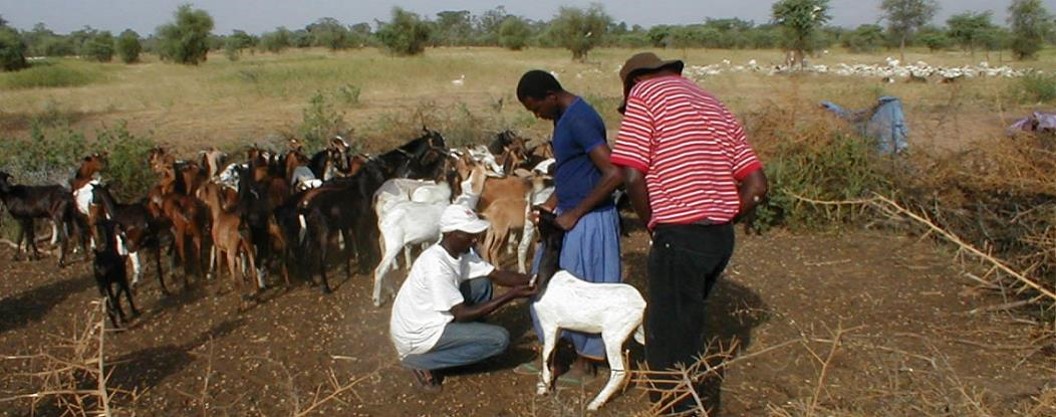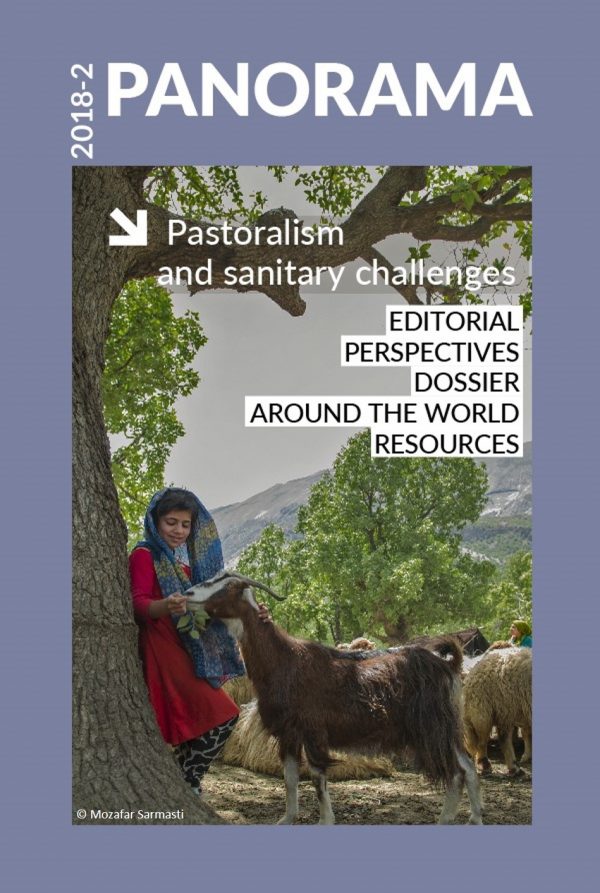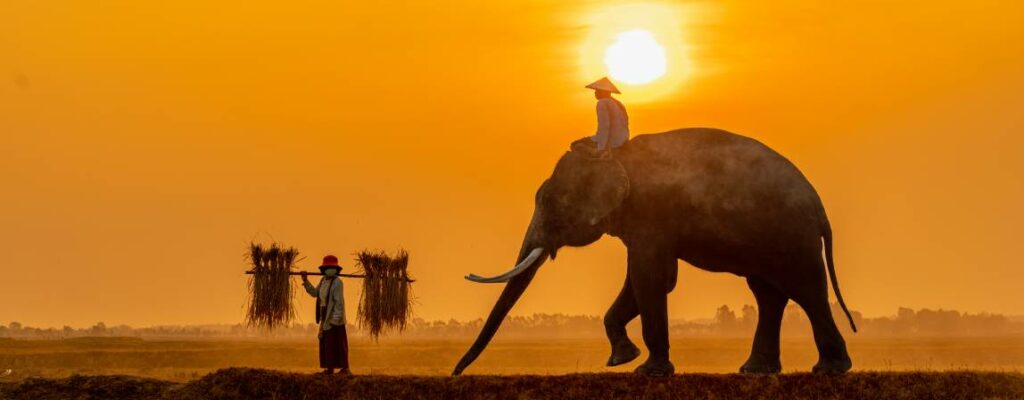Around the world Posted on 2019-02-19 13:24:22
Success stories
Establishment of a PPR vaccine bank for Africa
Component 1 of the VSPA project
Keywords
Authors
J. Domenech (1)* & A. Dehove (2)
(1) External Consultant, World Organisation for Animal Health (OIE)
(2) Director of Finance, World Organisation for Animal Health (OIE), Paris, France
* Corresponding author: jemidomenech@gmail.com
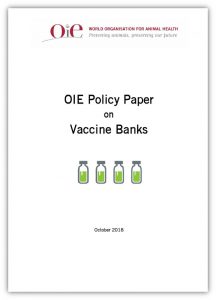 In 2012, following an OIE international call for tender for the first component of the VSPA project, the Botswana Vaccine Institute (BVI) was chosen to supply the vaccines for the ‘PPR Vaccine Bank for Africa’.
In 2012, following an OIE international call for tender for the first component of the VSPA project, the Botswana Vaccine Institute (BVI) was chosen to supply the vaccines for the ‘PPR Vaccine Bank for Africa’.
Composed of freeze-dried modified PPR 75 virus to protect small ruminants (sheep and goats) against PPR, these vaccines are packaged in vials of 100 doses.
The OIE Policy Paper on Vaccine Banks outlines five guiding principles that drive the management of OIE Vaccines Banks. It clarifies the role of and the responsibility of the OIE, but also of the countries benefiting from the mechanism.
Results
A total of 14 million doses of PPR vaccine and the corresponding quantities of vaccine diluent were made available to the following four countries: Burkina Faso, Ghana, Mali and Togo. The World Bank has confirmed the value of the PPR Vaccine Bank in Africa and direct purchase by the countries concerned.
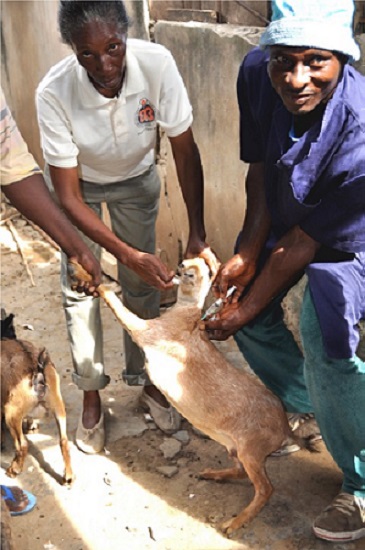
The main benefits of the PPR Vaccine Bank demonstrated by the programme were the following:
- the management of regional vaccine banks by a standard-setting organisation, such as the OIE, ensures that vaccines supplied to the countries concerned are of high quality and comply with intergovernmental standards (internationally renowned and recognised experts on the ad hoc selection committee evaluating the tenders received);
- a reduction in the risks associated with storing large quantities of vaccine in potentially sub-optimal conditions, since the burden of storage lies with the selected vaccine supplier(s) rather than the purchasing countries. Moreover, the virtual stock replenishment mechanisms ensure that purchased vaccines do not expire before use (shelf life of the delivered vaccines);
- fluid logistics are ensured: the timely dispatch of emergency stocks in line with field needs, possible delivery of relatively small quantities, easy procurement and delivery systems, easy customs clearance (international aid), virtual stocks, production on demand, the burden of storage lies with the selected vaccine supplier(s) rather than the purchasing countries;
- cost incentives (economies of scale, one call for tender only and contract for large quantities resulting in reduced fixed costs), better coordination (e.g. harmonisation and coordination of regional control programmes, support for multi-party vaccination campaigns, public–private partnerships), strong synergies and leverage effects.
Based on the positive outcomes of this project and the proven value of the PPR Vaccine Bank, two new vaccine suppliers were selected to continue to support PPR control efforts in West Africa. Through the World Bank Group funded Regional Sahel Pastoralism Support Project (PRAPS), the OIE launched a new international call for tender in 2016. Since its establishment and as at 30 August 2018, through the OIE PPR Vaccine Bank for Africa 50 million vaccine doses have been delivered, with an extra 38 million planned for 2018.
Acknowledgments
http://dx.doi.org/10.20506/bull.2018.2.2880




